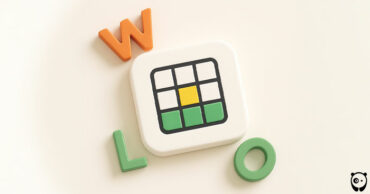The friends we surround ourselves with greatly influence our lives, and not always for the better. Unfortunately, this can take quite a bit of time to realize, and even then, we’re faced with the dilemma of whether to try and fix things or finally stop the friendship.
This woman went with the latter, after the last straw, which was her friends once again excluding her from their trip. While it might have been hard, netizens comforted her, saying that it was the right thing to do.
Not all friendships improve our lives
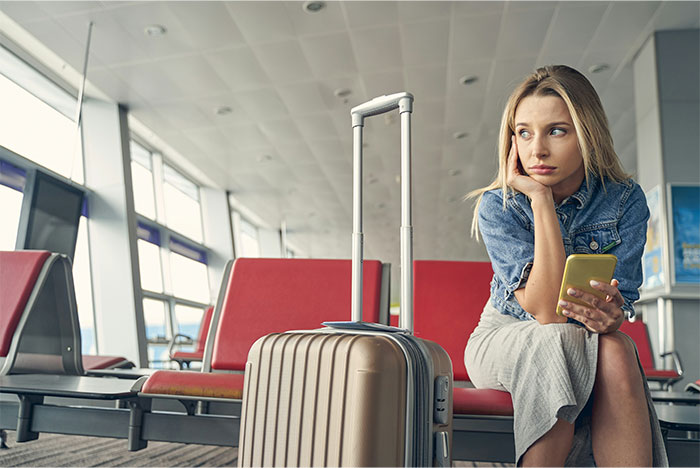
Image credits: unsplash (not the actual photo)
This woman’s didn’t either so she decided to cut them off
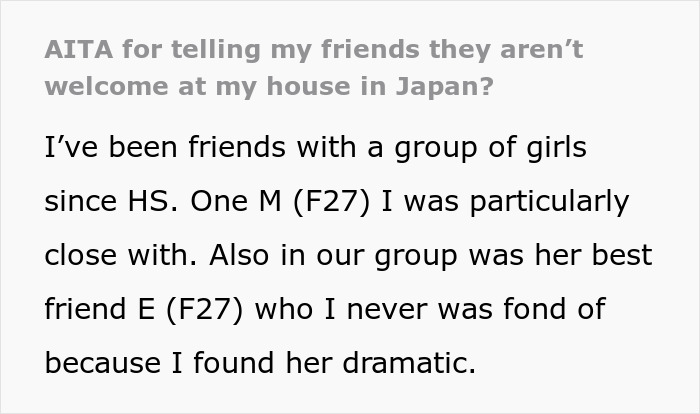
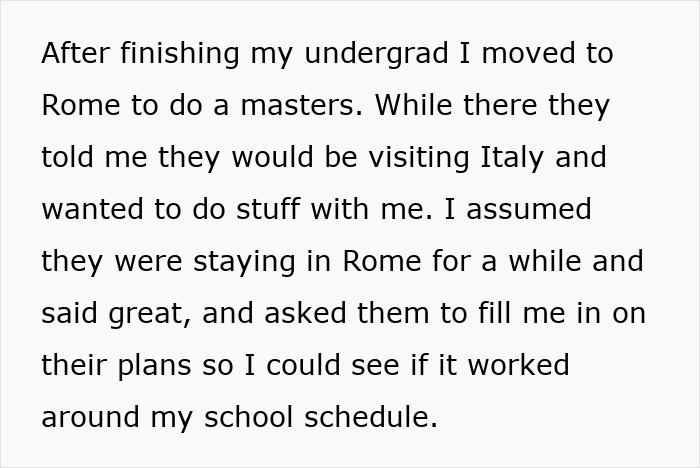
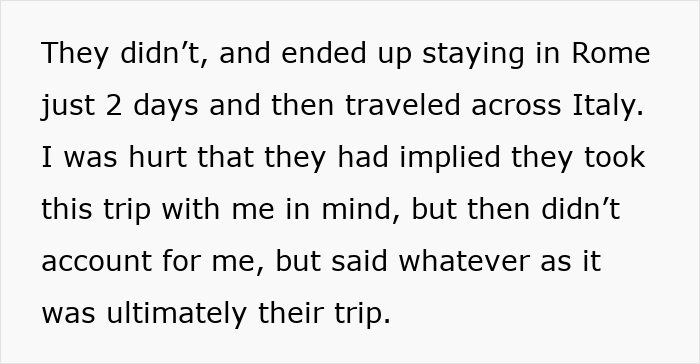
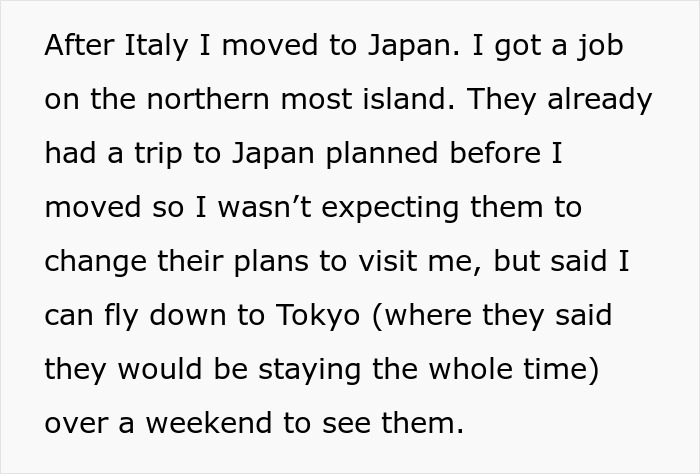
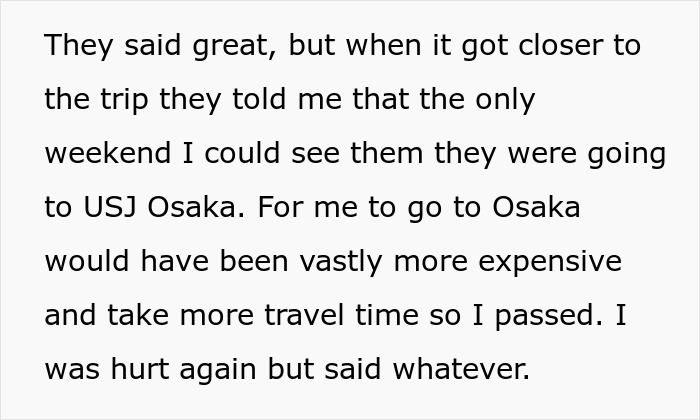

Image credits: pexels (not the actual photo)
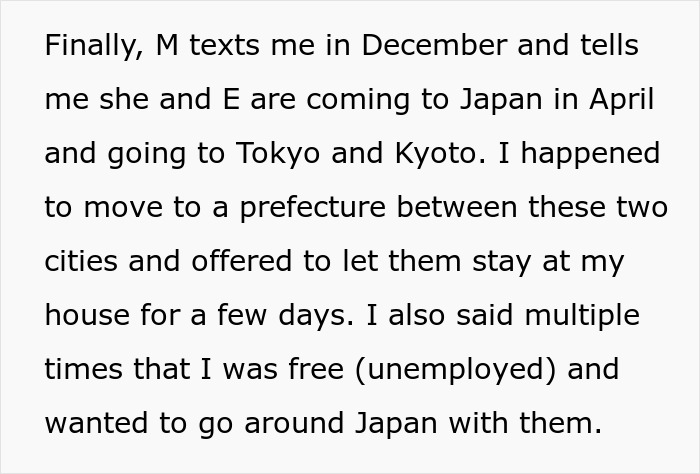
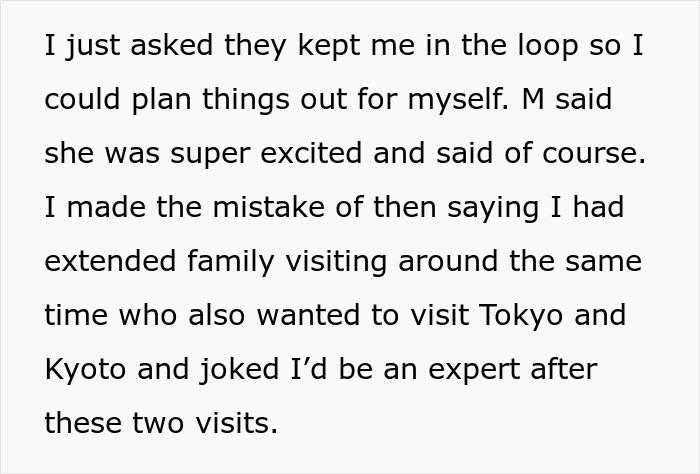
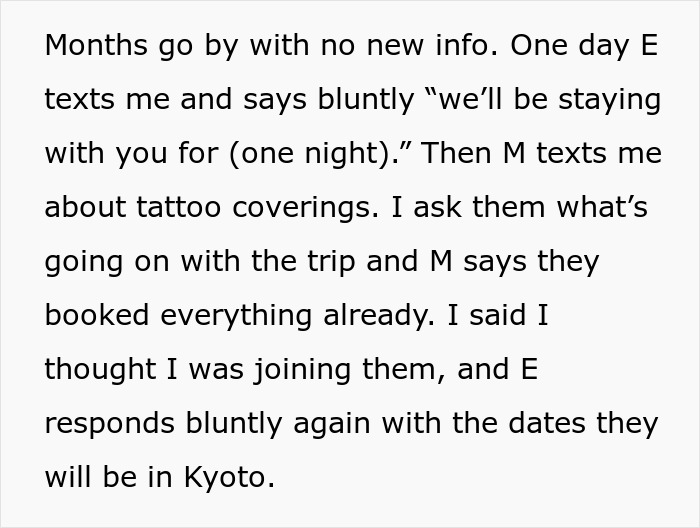
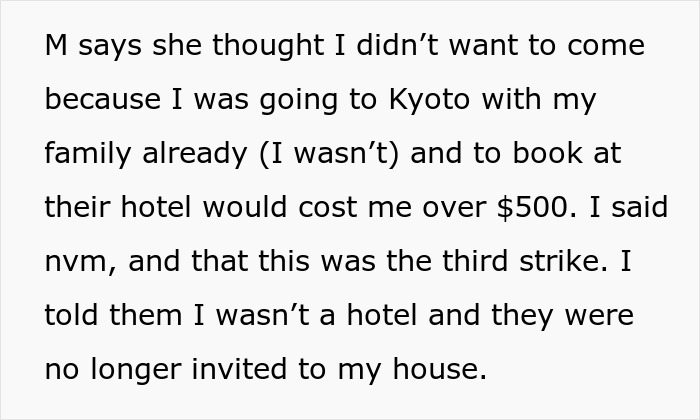
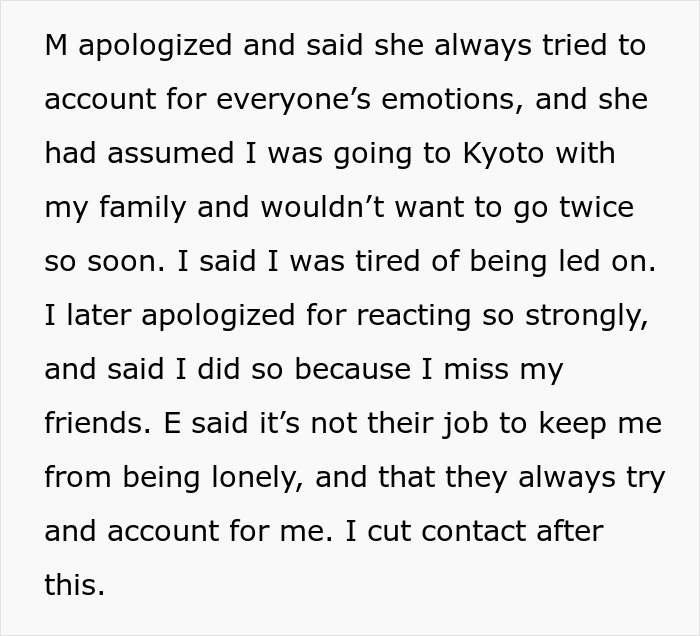
Image credits: Top_Acanthaceae_9714
“It’s easy to mistake proximity for true friendship”

Image credits: freepik (not the actual photo)
To distinguish good and genuine friends from not-so-good ones or even bad or fake ones nowadays is getting harder and harder. And it all might be thanks to the invention of the Internet.
“In today’s world of social media and surface-level connections, it’s easy to mistake proximity for true friendship,” Kristin M. Papa, licensed clinical social worker, psychotherapist, and founder of Living Open Hearted, previously told Bored Panda.
One of the signs that your friendship might be inauthentic is one-sidedness. An ingenuine friend doesn’t have your best interests at heart, shows little interest in others’ needs, can’t be compromised with, and doesn’t make the effort to foster a closer bond.
“Many times a fake friendship feels one-sided and you don’t feel that the relationship is reciprocal,” says Papa. “It may be that the person only reaches out when they need something. Most people know what it feels like to have a friend with whom there is a trust connection. However, a fake friendship often feels surface-level or transactional. In addition, interactions with this person leave you feeling anxious, drained, or insecure after you’ve interacted with them.”
If a person feels this way after communicating with a friend, they should assess whether it’s worth continuing the relationship. “Ultimately, if the friendship is harming your well-being and doesn’t feel like it’s serving you, it can be beneficial to distance yourself or have an honest conversation with the person to help you move forward,” Papa suggests.
“We’re bound to outgrow certain friendships”

Image credits: unsplash (not the actual photo)
Sometimes friends distance themselves from each other without necessarily causing harm to each other, too. Many relationships in our lives have a natural life cycle. As we continue to grow and change, we can gradually drift away from people we once dearly cared about.
“As we gain a stronger sense of self, what used to matter no longer does, and we’re bound to outgrow certain friendships,” says psychotherapist Dr. Florence Falk. “Once you’re aware of that, without being cruel or feeling guilt-ridden, you can begin to let go of relationships that no longer nourish your most authentic self.”
A lot of friends drift away and ghost each other and there’s really nothing that can be done about that. In fact, one study found that 38.6% of people have been ghosted by a friend.
Whether you distanced yourself from a harmful relationship or you just grew apart, losing a friendship can be hard in both scenarios. Some even say that friendship breakups are as bad as or even worse than romantic ones. What can help get over a friendship breakup is accepting the negative feelings that come with it and turning to your other relationships that you can rely on.
“Allow yourself to feel that grief and worry, but then allow it to inform your choices as you move forward into other relationships,” says Kaitlin Flannery, an associate professor in psychology.
“Friendships are important, close relationships, so I think that we should give ourselves grace in understanding that a loss of a friendship is going to be hard. My advice would be to turn to your other relationships, and hopefully, you have other friends that you also value and can rely on,” says Grace Vieth, a researcher in social psychology studying friendship dissolution.
The woman shared more details about the situation in the comments
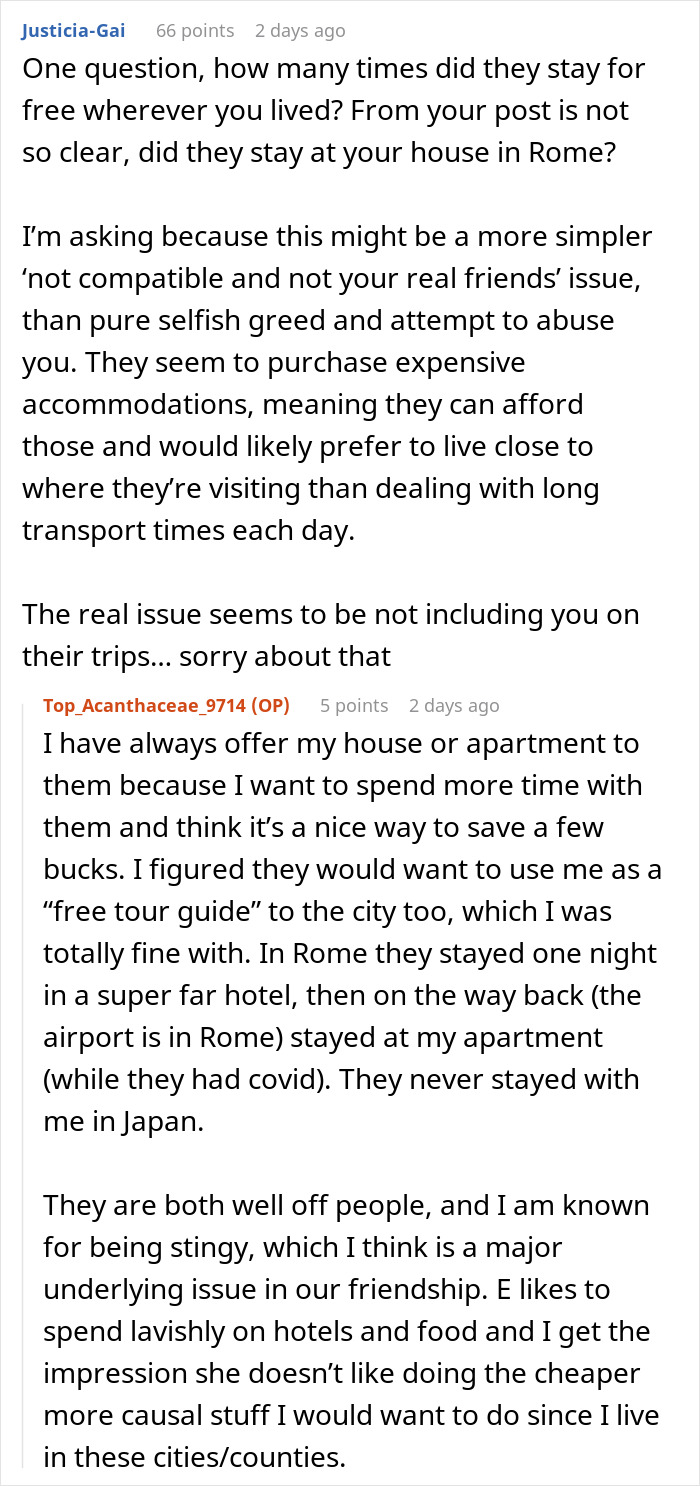
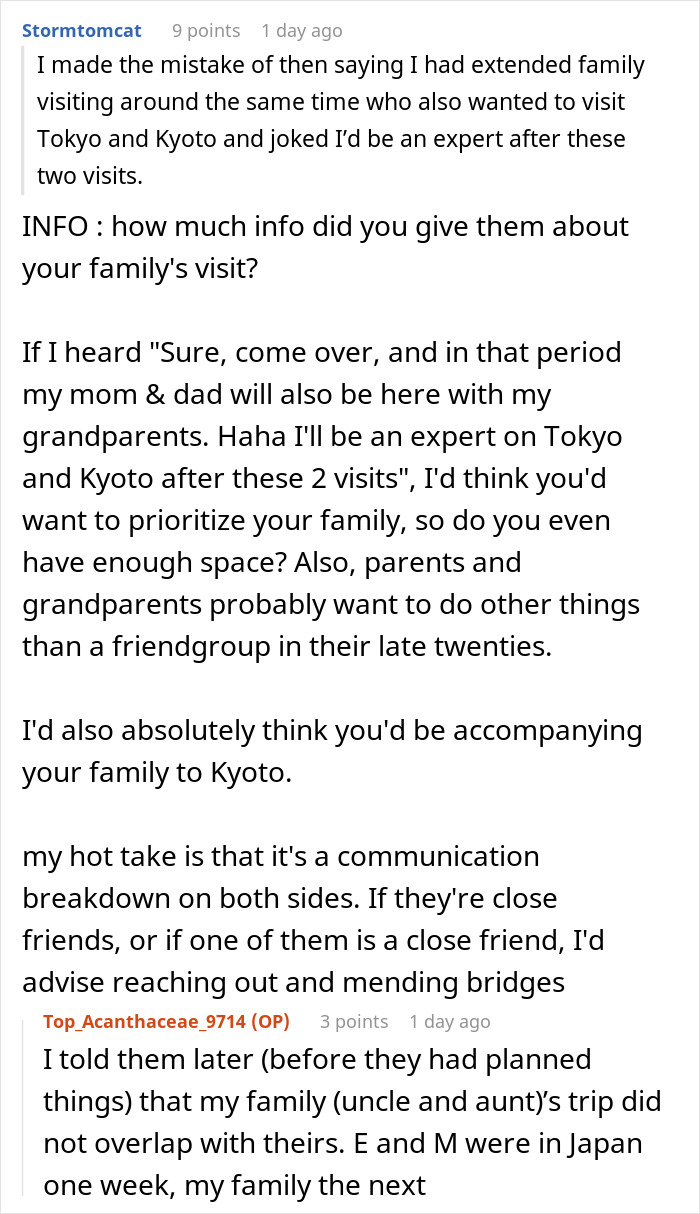

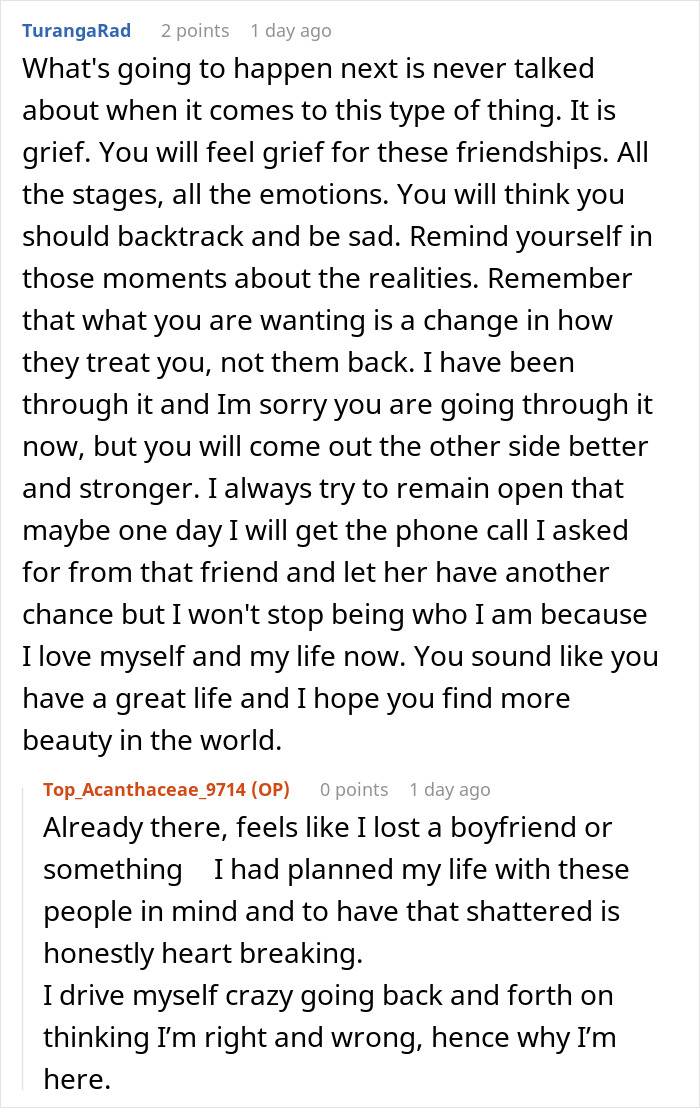
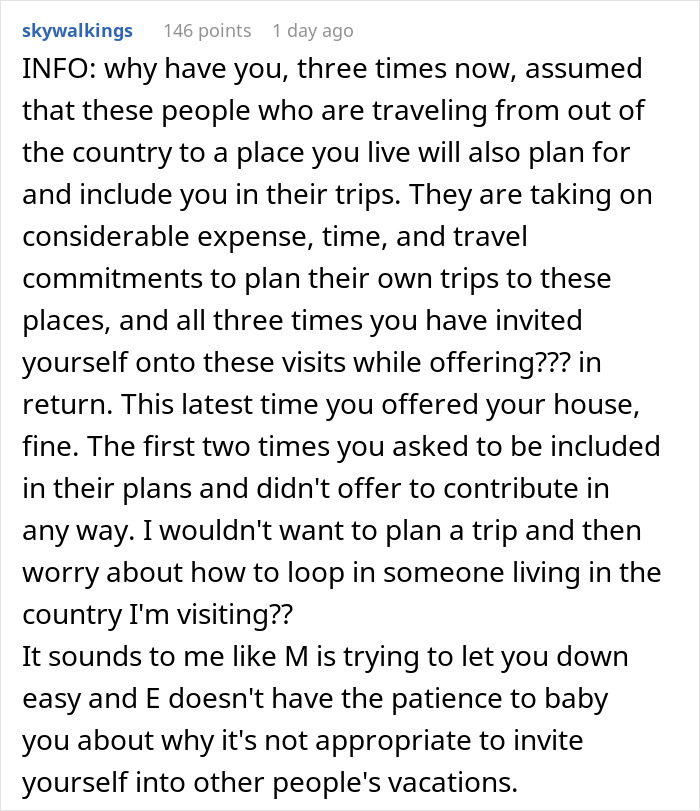
Commenters were very divided, with some saying no one was in the wrong here
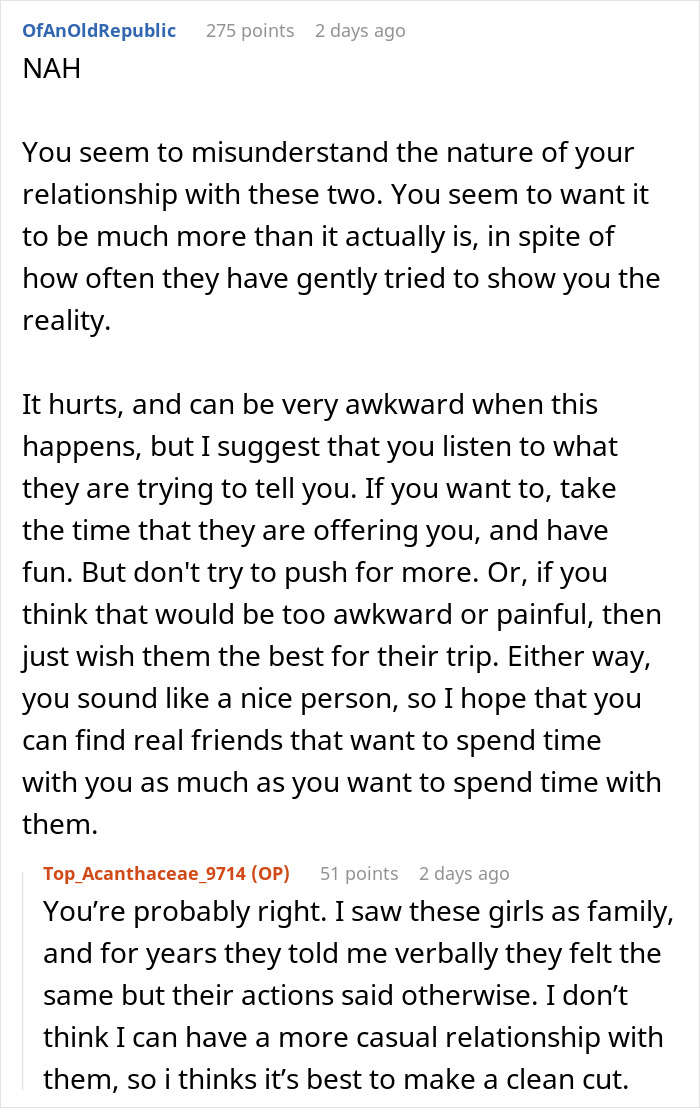
Some sided with the original poster

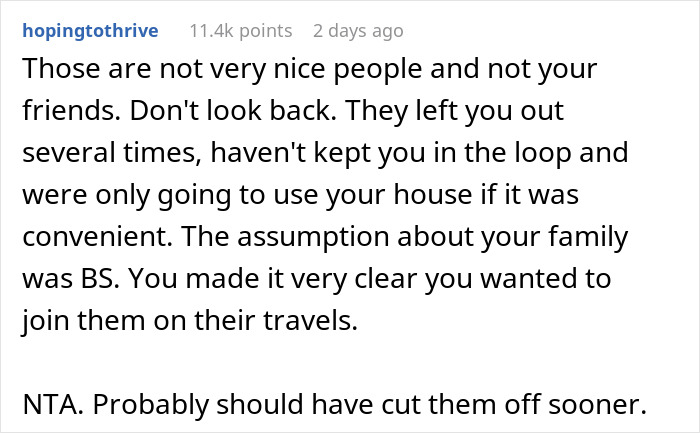

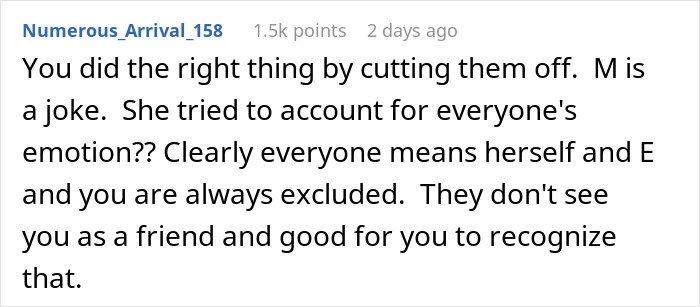


While others believed that everyone in this situation wasn’t communicating well enough

And some thought it was the OP who did the wrong thing
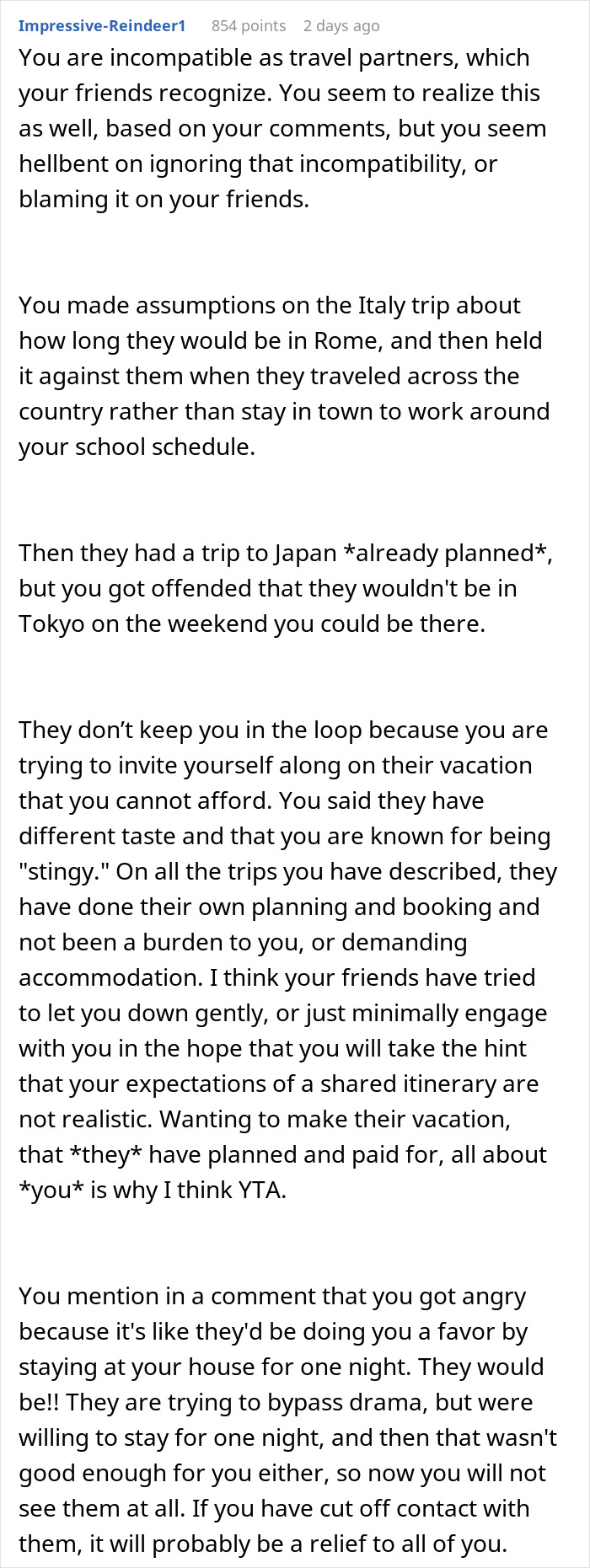
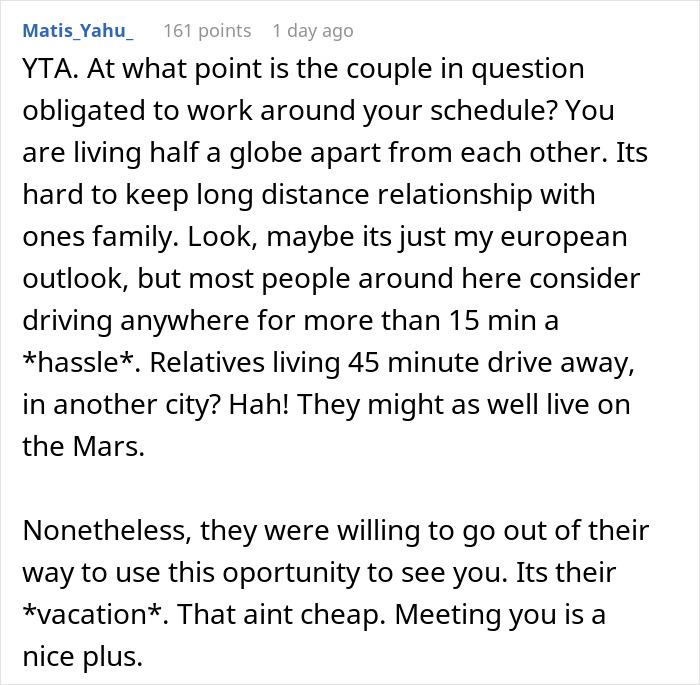
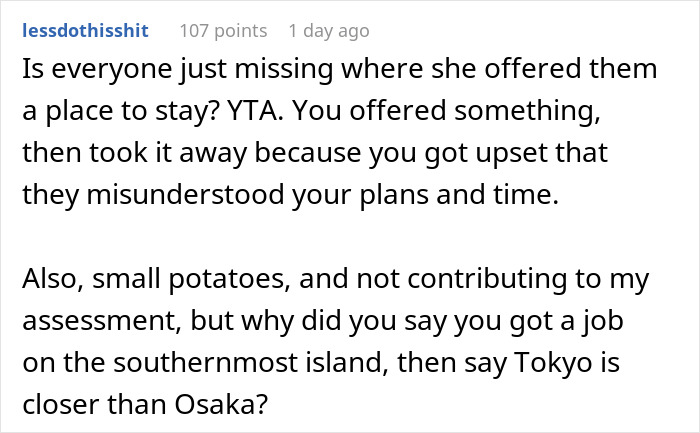
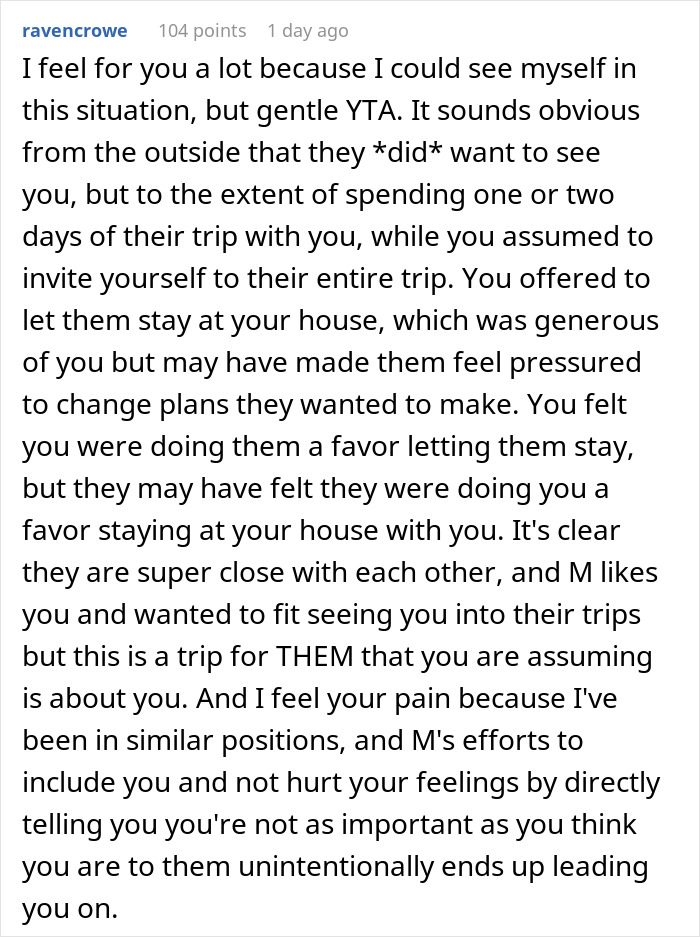

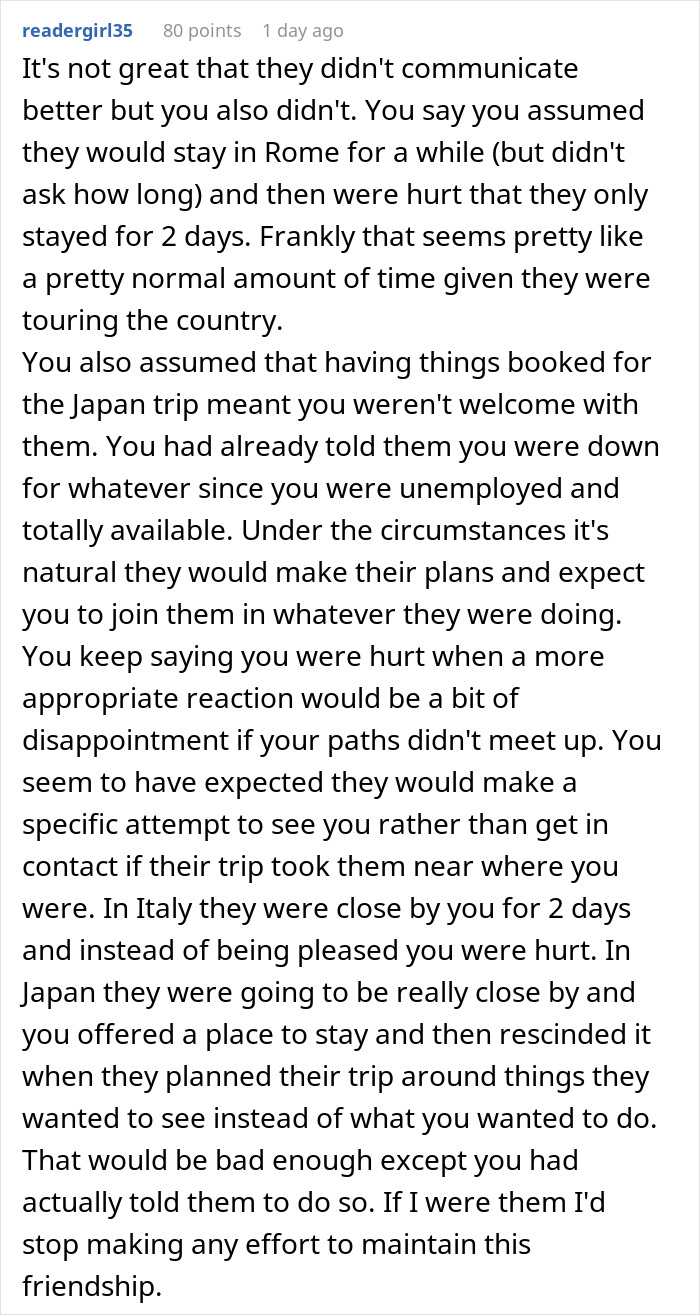
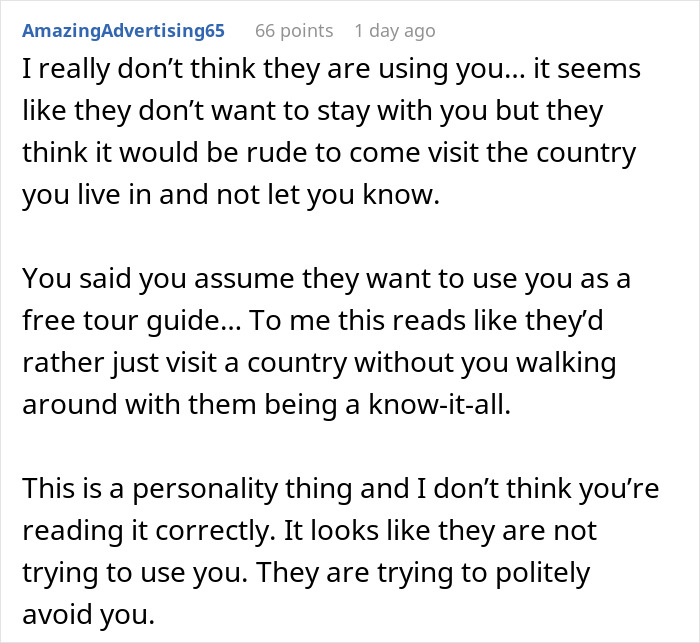
 Follow Us
Follow Us




